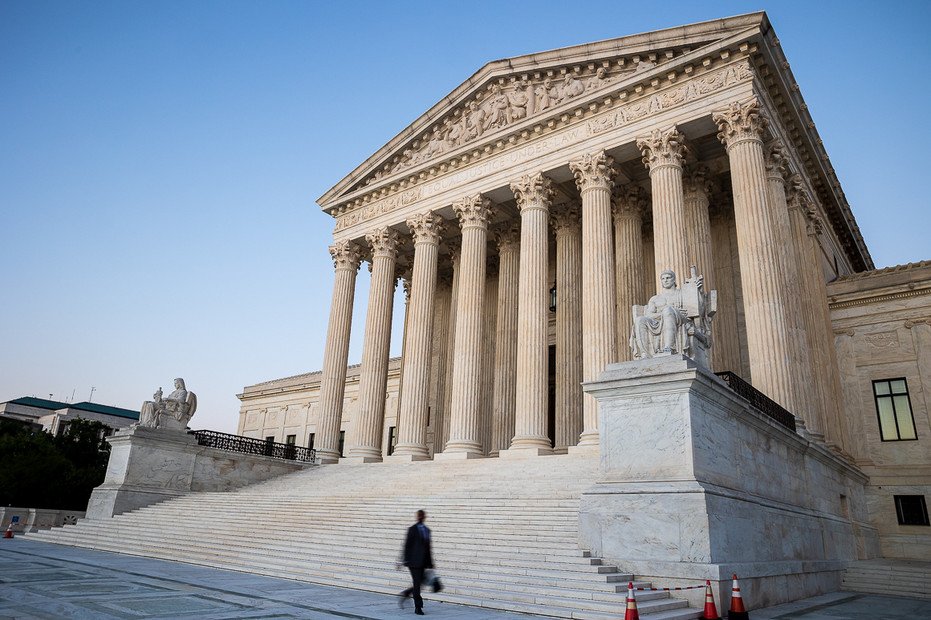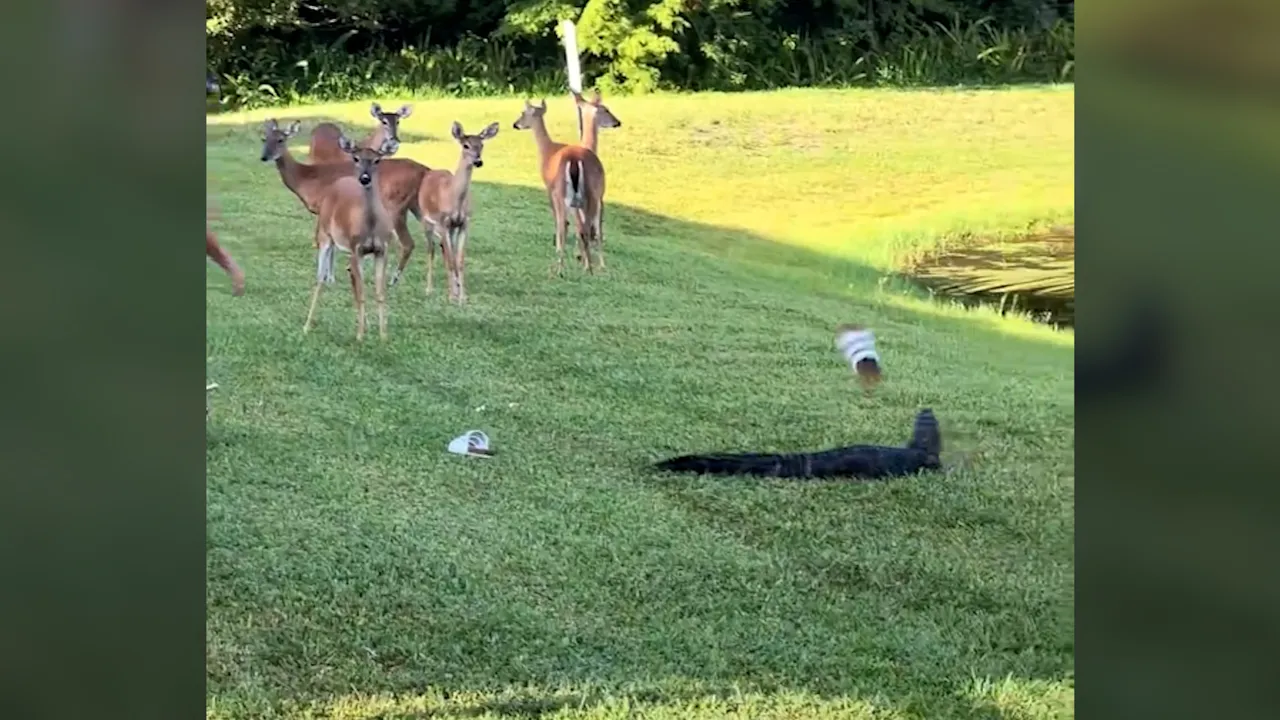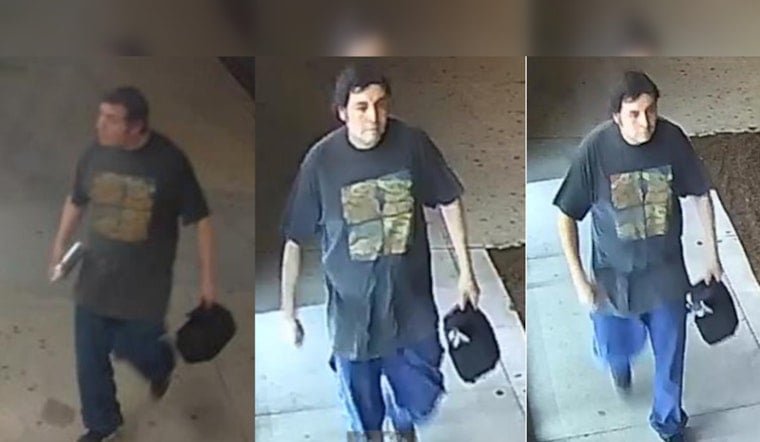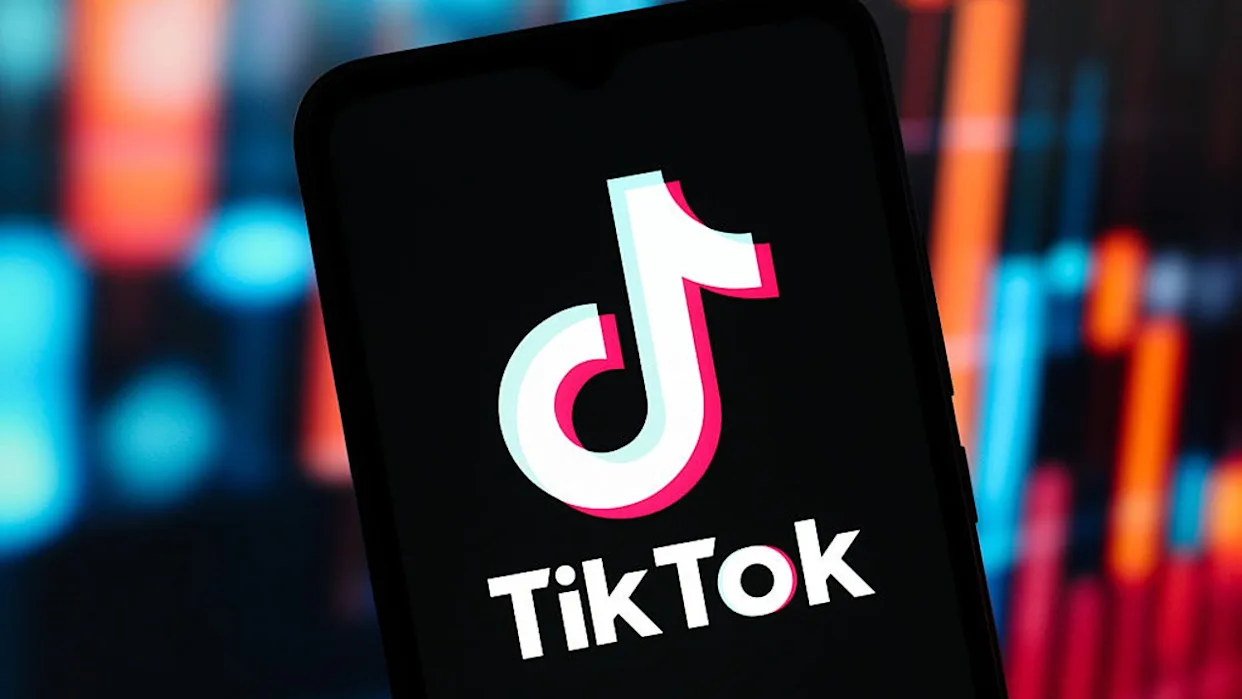CHICAGO — The Supreme Court has upheld the legality of a major federal initiative aimed at expanding phone and internet access across the country, preserving the FCC’s Universal Service Fund, which collects nearly $10 billion annually to support underserved communities.
The 6-3 ruling, delivered Friday, rejected claims by the conservative group Consumers’ Research that the fund violates the Constitution’s separation of powers.
“For nearly three decades, the work of Congress and the Commission in establishing universal-service programs has led to a more fully connected country,” wrote Justice Elena Kagan, authoring the majority opinion.
What the Ruling Means for Illinois and Beyond
The decision ensures continued funding for schools, libraries, rural health care facilities, and millions of low-income households — including thousands in Illinois — that rely on discounted telecommunications services.
As explained in CBS News Chicago’s report, the court declined to revive the nondelegation doctrine, a dormant legal theory that restricts how much legislative authority Congress can delegate to executive agencies.
Had the case gone the other way, it could have jeopardized key federal programs, including broadband initiatives in rural Illinois.
Understanding the Universal Service Fund
Created in the wake of the 1996 Telecommunications Act, the Universal Service Fund (USF) is funded by fees from telecom carriers — which are often passed along to consumers. The Universal Service Administrative Company, a nonprofit overseen by the FCC, collects and distributes these funds to four core programs:
-
Lifeline (for low-income households)
-
E-Rate (for schools and libraries)
-
Rural Health Care
-
High-Cost Support (for areas where providing service is more expensive)
To date, more than 12,000 schools and libraries and 9,000 rural health providers have benefited, along with over 8 million low-income households.
Legal Challenge and Broader Implications
The case arose in 2022 when Consumers’ Research and a Texas carrier argued that Congress unlawfully delegated legislative authority to the FCC, which in turn improperly transferred decision-making to the USAC — a private entity.
While a lower court sided with the challengers, the Justice Department appealed, and the Supreme Court ultimately sided with the FCC. Justices Neil Gorsuch, Clarence Thomas, and Samuel Alito dissented.
This ruling preserves not only the FCC’s authority but also reaffirms how federal programs can be administered — particularly those that outsource implementation to nonprofit partners.
Do you think the Supreme Court made the right call preserving the FCC’s internet expansion fund? Share your thoughts with us at ChicagoSuburbanFamily.com.












